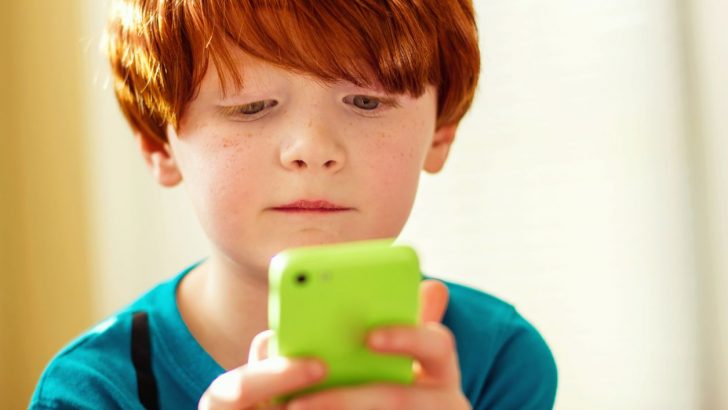Our seven-year-old has been busy writing computer programmes. He has become fascinated with a piece of software that enables kids to control a digital cat with simple instructions, such as: walk five steps; say “meow”; turn 90 degrees, and so on. It’s good to see him understand so naturally the basic logic that underpins the electronic devices that are an ever-greater part of all our lives.
Children these days are digital natives: they take for granted technologies that only existed in science fiction when I was a boy, like video calls or the ability to speak to a computer. It’s wonderful when we control computers. The dangers arise when they begin to control us. The negative effects that too much exposure technology can have on children are already well known: addiction, lack of exercise, poor motor skills, increased anxiety, less ability to socialise, increased risk of obesity and disturbed sleep.
To avoid such consequences, we’ve always strictly limited screen time for the children. We’ve even implemented a technology ban for us adults between 6-9pm, because it’s far too easy these days for parents to be distracted by that work email or an amusing post on Facebook, to the detrement of family time.
Discernment
Real discernment – and discipline – is required for families to be able to embrace all the life-enhancing aspects of technology, and maintain the space children need for silence, reading, imaginative play, playing music, cooking, making things with their hands, and for immersion in nature.
For now, our kids seem as fascinated with the tomatoes we’ve just grown, as with the latest game on their iPads. They are as happy sitting in their treehouse gazing at the clouds go by, as they are when watching a cartoon. It seems we’ve found a good balance, but this was achieved by limiting screen time to under an hour a day, with none before bedtime.
Worryingly, the average amount of screen time for children in the UK aged 5-16 is 6.5 hours. No wonder kids nowadays are far more prone to obesity and unhappiness than they were in the past.
Part of the reason for such extraordinary use of screens is that a culture has developed where children are confined to houses, small gardens and apartments. If kids were allowed roam free around their neighbourhoods as was normal in the past, things might be very different.
Technology could soon help kids rediscover such freedoms. Smart watches with GPS exist with which parents can track kids, and alert you if they leave a safe area. Parents can even eavesdrop via these watches, to make sure they’re safe from bullies, or predatory adults.
These watches also have a simple button that kids can press that puts parents in direct voice contact. Hopefully, such devices will give parents greater confidence to leave children roam. As traffic becomes more automated, and collision avoidance systems become standard, that risk should also reduce.
We use technology to help mimic nature, to the benefit of the kids’ sleep. When I was a kid, I was suddenly awoken by the violent clanging of an alarm clock each day. Our kids have smart bulbs in lamps in their rooms that brighten very gradually, mimicking a natural sunrise and giving them a gentler start to the day. Such bulbs can be set to grow dim and shift to the red end of the light spectrum each evening, mimicking sunset. This sends natural signals to our brains that it’s time to go to sleep.
Any of mankind’s tools can be used for good or ill, be they hammers, knives or the stuff of the digital revolution. It is for us to use them wisely.


 Rory Fitzgerald
Rory Fitzgerald
